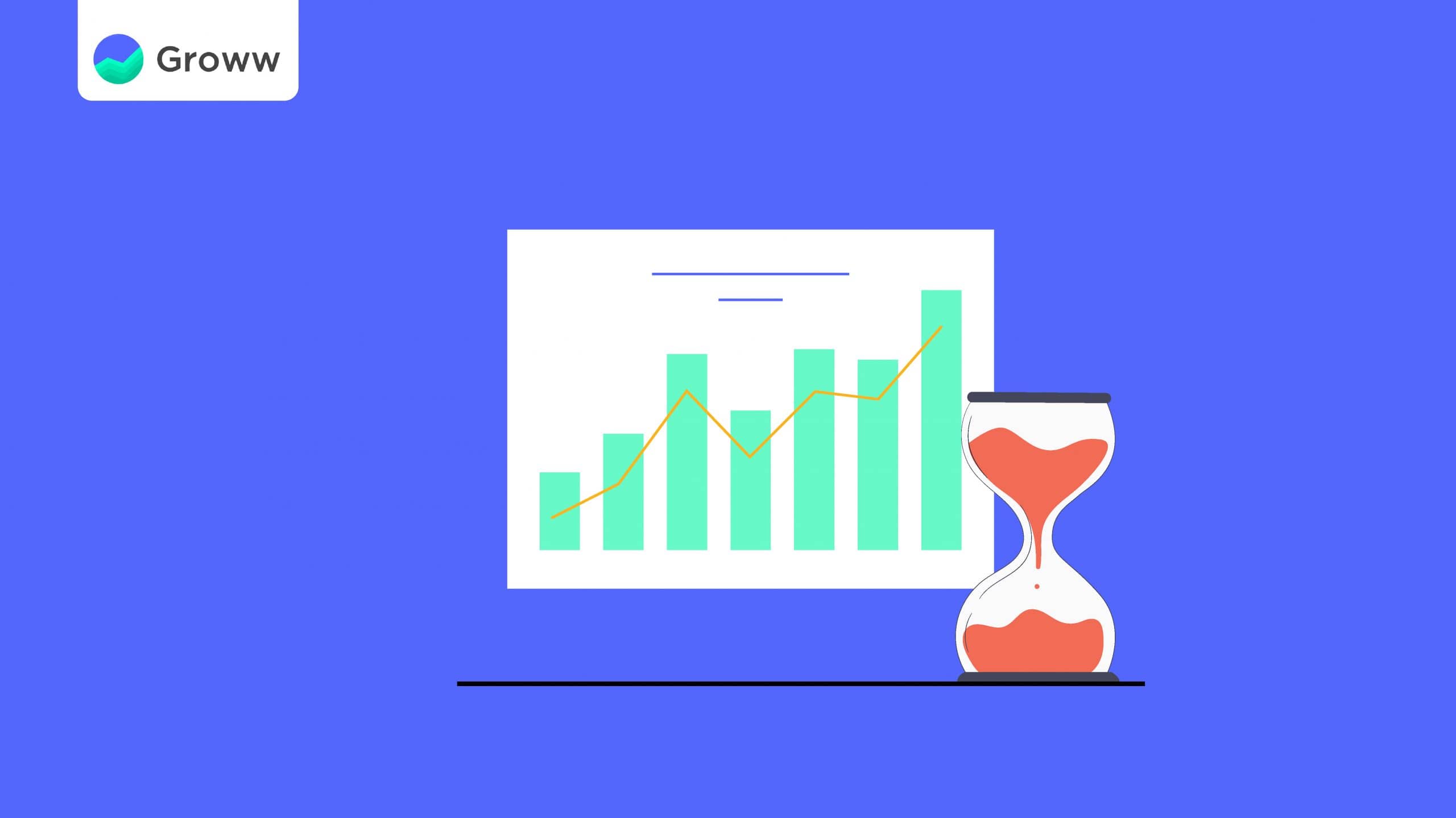What Happens on the Day of Expiry in the F&O Market?

An expiry date usually denotes the last date for the use of any product or service. In the market, expiry signals the end of a contract or an asset. If you are trading in the derivatives market, i.e., futures and options contracts, the expiry date refers to the last date of the contract after which the contract would not hold valid.
While on the expiry date, the derivatives contract expires, it has various repercussions for derivative traders as well as for the Indian stock market as a whole. Let’s understand these repercussions in detail.
Derivatives Contracts – The Meaning
Derivative contracts include futures and options contracts drawn on stocks, commodities, currencies, etc. Futures and Options are similar to one another in the sense that they carry a promise to buy or sell an asset at a future date at an agreed-upon price. However, this is where the similarity ends.
Under an Options contract, you do not have to fulfil the promise. You can simply choose to ignore the contract and the contract expires on the expiry date. However, under a Futures contract, you are required to fulfil the contract on the expiry date. You cannot let the contract expire. This is what sets futures and options apart and differentiates between them.
The Expiry Date in Derivatives Trading
To avoid any ambiguity or confusion among traders, the Indian stock exchange has a fixed standard expiry date for the F & O market. It is the last Thursday of every month.
For example, if you buy a futures contract on the 14th of January 2022, the expiry date of the contract would be the 27th of January 2022, the last Thursday of the month.
If, however, the last Thursday of the month is a trading holiday, i.e., the stock market remains closed on that day, the previous day would be considered to be the expiry date, i.e., the last Wednesday of the month.
|
Note - NSE has decided to shift Nifty Bank F&O Expiry to Friday from Thursday NSE has set forth that it is changing the F&O expiry of Nifty Bank from Thursday to Friday. This will be effective from July 14, 2023. As per the new rule, the weekly expiry of Nifty Bank contracts will take place every Friday. In case there is a trading holiday on Friday, then the previous trading day will tend to become the expiry day. NSE has reduced the market lot size for Nifty Bank F&O to 15 from 25. This latest rule will be applicable from the commencement of July 2023 contracts. |
On the expiry date, here’s what happens in the different types of derivatives contracts –
-
Options Contracts
In the case of options contracts, you are not bound to fulfil the contract. As such, if the contract is not acted upon within the expiry date, it simply expires. The premium that you paid to buy the option is forfeited by the seller. You don’t have to pay anything else.
-
Futures Contracts
Under the futures contract, you would have to fulfil the contract on the expiry date. This can be done in either of the two ways –
- You can buy another contract that cancels out your futures contract. For instance, say you bought a futures contract to buy 1000 shares of XYZ company.
On the expiry date, you can buy another futures contract to sell 1000 shares of XYZ company. This new contract nullifies the first contract to sell the shares and would hold valid. In such cases, however, you would have to settle the price difference, if any. The reason for the price difference is the difference in the price of the futures contract.
Since share prices fluctuate each day, the price of the futures contract also changes depending on the stock price movements.
So, the futures contract that you buy first might have a different price than the futures contract that you buy later. In such cases, you would have to settle the price differential to settle your contract on the expiry date. - You can pay the cash settlement for the futures contract. For instance, if you have bought a futures contract to buy 1000 shares of XYZ company, on the expiry date you would have to pay the amount required to close the futures contract.
You would have to buy the specified shares and pay for their value.
Effect of the Expiry Date on the Stock Price
Since the expiry date marks the closure of F & O contracts, there is considerable volatility on the stock exchange as a whole. Depending on the nature of the derivatives contracts settled on the expiry date, the stock market might turn bullish or bearish.
Furthermore, arbitrage trading also affects the stock market prices close to the expiry date. Arbitrage trading is when F & O traders assess the performance of the underlying assets of the contracts before the expiry date.
F & O Traders also trade on the secondary markets for maximum profitability. They might buy from the secondary market and sell on the F & O market or vice-versa.
This buying and selling causes price fluctuations and impacts the overall stock market. This impact, however, is short-term in nature as the stock market corrects itself once the expiry date is over.
The Bottom Line
If you are trading in futures and options, know the expiry date of the derivative contracts that you buy. The expiry date determines the settlement of your contracts and you should know what happens on that date.
Moreover, as a stock trader, you should know the impact of the expiry date on the stock market as a whole. You can either book short-term profits due to enhanced volatility near the expiry date or avoid trading altogether to minimize losses.
So, understand the concept, know its impact and then make the right trading decision.